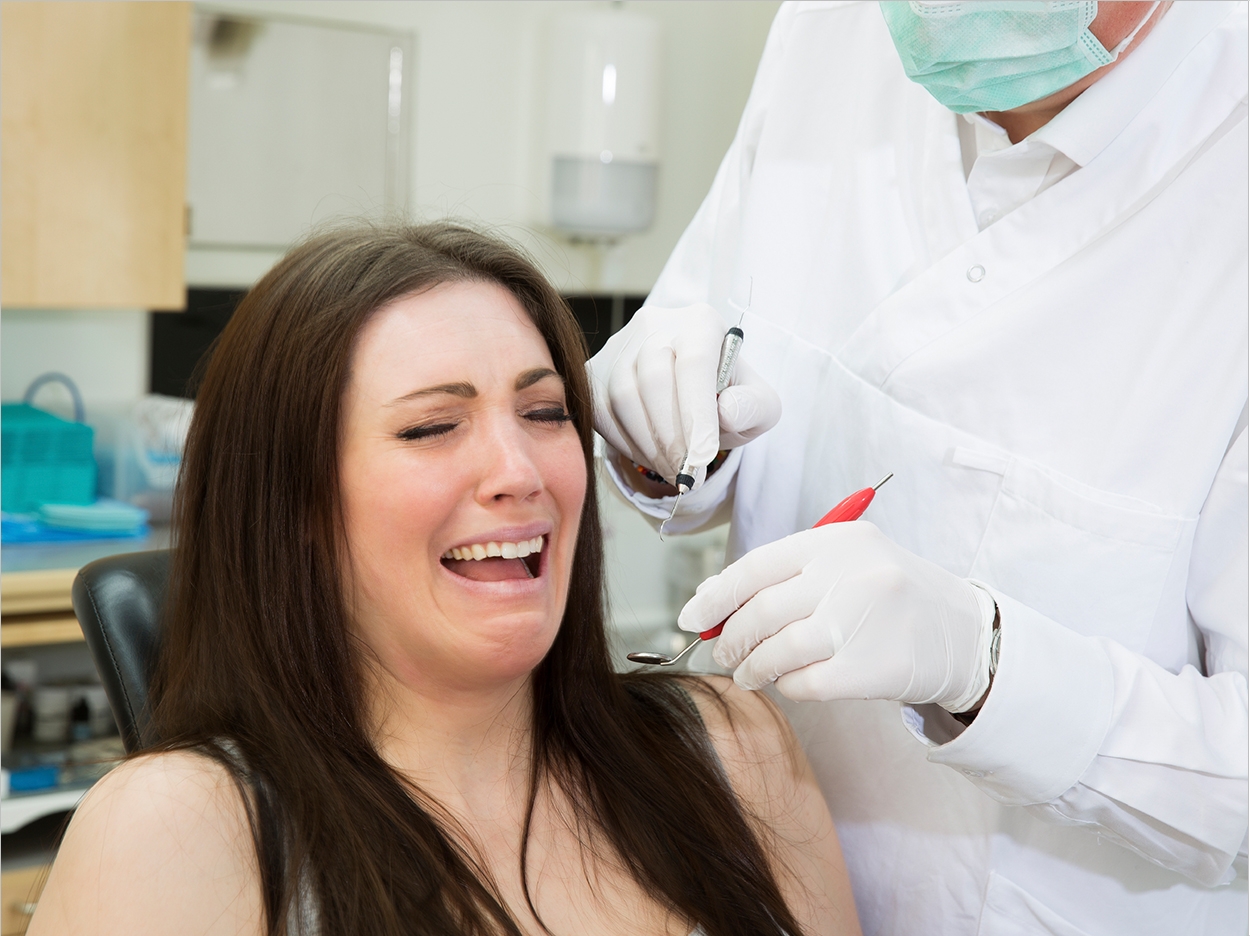
Dental anxiety is common, though it is considered a phobia when it has a marked impact on the patient’s well-being. For example, people with dental phobia are more likely to have active caries and missing teeth, according to the King’s College London Dental Institute. These people also report that their quality of life, as related to their oral health, is poor.
The study analyzed the data set from the Adult Dental Health Survey to look into the common oral health conditions of those with dental phobia. The data comprised 10,900 participants, with 1,367 identified as phobic. Of these, 344 were male, and 1,023 were female. The results showed that those who were dental phobic were more likely to have caries and one or more missing teeth than those who were nonphobic.
The researchers suggest that the greater rates of decay and missing teeth were because many people with dental phobia avoid seeing a dentist regularly to address oral conditions that are preventable and chronic. Once a visit has been made, the phobic patient also might prefer a short-term solution instead of a long-term care plan, such as extraction.
“The correlation between those with missing teeth and dental phobia could be the result of treatment decisions made when the individual with dental phobia finally seeks treatment. Both patient and practitioner may favor extraction of the tooth rather than booking a number of appointments to complete a restoration,” said Tim Newton, PhD, of the King’s College London Dental Institute.
The study also explored how dental phobia can affect these patients’ quality of life, impacting their physiological, psychological, social, and emotional well-being. These patients showed higher levels of impact in these areas, even when levels of dental disease were controlled.
“Other research has shown that individuals with dental phobia express negative feelings such as sadness, tiredness, discouragement and general anxiety, less vitality, and more exhaustion,” said Ellie Heidari, BDS, MSc, MA, lead author of the study. “Embarrassment at their poor teeth will prevent them from smiling and showing their teeth.”
Meanwhile, the researchers noted the significant difference in the numbers of males and females identified as phobic. While the reasons behind these difference remain unclear, the researchers said, they did speculate that it may be due to the reluctance of males to report extreme fears during the self-reporting process. Or, the researchers said, biological factors such as high levels of cortical arousal, which lead to heightened awareness and vigilance in regards to fear-related stimuli, may be at play.
Overall, the findings have additional implications for preventive services for those with dental phobia. By providing these patients with a detailed at-home oral healthcare plan, dental practitioners could help reduce acute conditions with preventive care. The Dental Institute is now developing a preventive program for those with dental phobia, focusing on what can be done to help them avoid acute conditions.
The study, “The Oral Health of Individuals with Dental Phobia: A Multivariate Analysis of the Adult Dental Health Survey, 2009,” was published in the British Dental Journal.
Related Articles
Cognitive Behavioral Therapy Can Ease Dental Anxiety
Dental Fear May Have Genetic Roots
Try Magic and Comedy to Engage Patients and Ease Dental Anxiety












